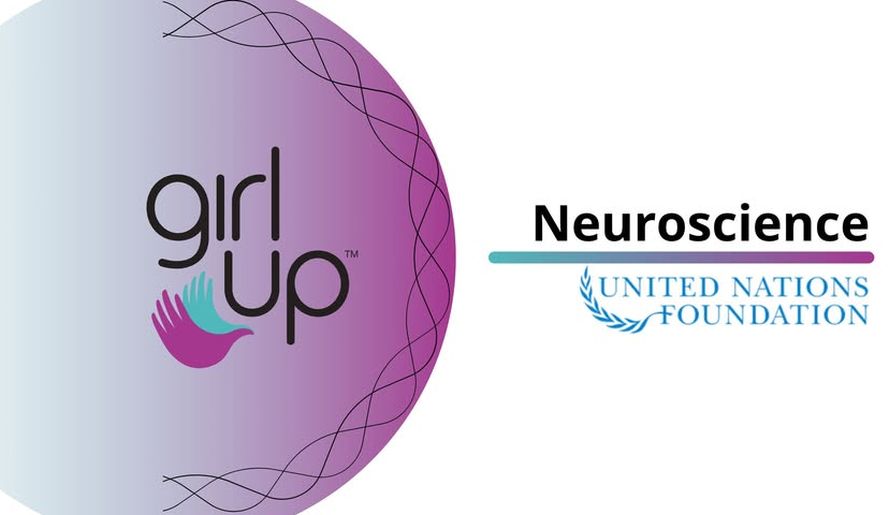Society Today – How Young People Think in an Election Year
In a year that is extremely important for Romania – a year marked by several types of election, when Romanians are going to vote for their president, for their representatives in the European Parliament and local administration - a civic group suggestively named ‘Young people are voting’ has ordered a survey in an attempt to learn more about the voting intentions of the young people with ages between 18 and 35

Christine Leșcu, 10.04.2024, 14:00
Conducted over March 9 and 14, on a group of 800 respondents, the survey does not entail good news though. Most of the young people believe the country is going in the wrong direction and do not trust the democracy in Romania, whereas 23% would vote for an extremist party. Razvan Petri, coordinator with the aforementioned group has told us more on the voting intentions of the young generation.
Răzvan Petri: “The most important thing is to pay heed to the fact that young people believe that Romania goes in the wrong direction. A large number of the respondents, 68% of them believe that. Moreover,79% of them believe that Romania’s democracy cannot be trusted. So we are having a problem here, because the country’s democratic pillars cannot be trusted anymore and another major aspect is that very little trust has been mentioned regarding the country’s political institutions, the parties, the government and Parliament. So, we no longer trust the instruments we are supposed to work with and make good decisions in the future. And that’s very dangerous because the tendency is that this lack of trust in the democratic instruments can make people choose instruments from outside the democratic exercise.”
People’s preference for instruments from outside the democratic exercise could be explained through the disappointment towards the way the democratic institutions are functioning in Romania. In other words, if in our country, the democratic practices are perceived as flawed, young people may understand that, at least theoretically, democracy per se is also non-functional
Proof of that is the fact that the European Union enjoys more trust among the young people than the local institutions. Nevertheless, the young generation is not very familiar with the complex way in which the EU functions. And all boils down to education, as Razvan Petri says.
Răzvan Petri: “Unfortunately young people don’t know how institutions function and this somehow contributes to the confusion regarding the functioning of Romania’s political mechanisms. Sadly, civic education is taught only in gymnasiums and that’s not good because as young people become eligible voters, they don’t remember very much about the system. The situation is even more complicated when it comes to the European Union, which is a very intricate and complex mechanism. The situation is not made clearer by the local politicians, and some may even benefit from the complexity of the EU mechanism and can blame Brussels if things go south.”
The disappointment or even the despair caused by the flawed functioning of the Romanian institutions, which lead to deep social and economic issues explains the young people’s preference for an authoritarian regime, says Răzvan Petri.
Răzvan Petri:” They no longer want the political parties in Romania, they no longer want what we have now and from here stems their tendency to endorse an iron fist, which may intervene and solve the problems. And young people may rush into that. They want a change and they want it now, unlike the older people, who understand the situation better. They want someone to step in, make a stand and solve the problems, someone who says: ‘enough is enough, we are going to put an end to this political non-sense, we are taking over from here.’ And this is where the anti-system parties come in, pledging to solve all the issues Romania is currently facing. So many young people are attracted to these parties not for their political platforms or the messages they convey, but because of their pledge to come up with solutions. They promise a change and a fair retribution to those who failed in their attempt to offer a better alternative for a young generation.
This failure is implicitly recognized by the young people who are planning to leave Romania and try their luck abroad, because of these issues pending solutions for years.
Răzvan Petri:” Among the first four options regarding their problems, we find two that are economically-related: the limited employment options and the poor education quality.
Young people in Romania are some of the poorest in Europe, if not the poorest, and that has been proved by the EU’s statistical office, Eurostat. Data released by this institution shows that roughly 30% of these young people are at risk of poverty and social exclusion. These phenomena are visible and young people are fully aware of them. The problems mentioned that have not been addressed for many years now, have worsened and that turned Romania into a country with some of the highest income inequalities. Our country is presently ranking fourth in Europe in terms of income inequalities. The scarce opportunities offered by their country, has made many of these young people to consider the idea of permanent or temporary emigration. And even if some opportunities have been made available of late, they haven’t yet reached the level so that we can say that young people here can get here a standard of living similar to the Western world.”
(bill)






























